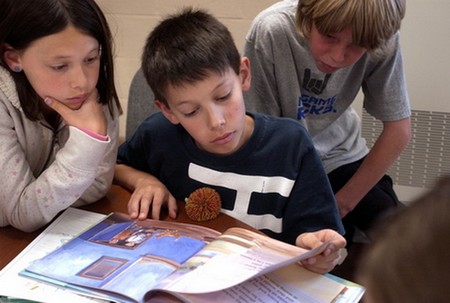It is almost guaranteed that every pupil with ADHD will require a network of support mechanisms to ensure their needs are met. This will tap into a range of ‘systems’, commonly including education, healthcare, social care and family care. In some cases, forensic/youth justice, mental health, religious and a range of private sector systems or organizations might also be involved.
Marijuana more specifically healthy edibles is sometimes used as a self-treatment by individuals with attention deficit hyperactivity disorder (ADHD). Advocates for marijuana as an ADHD treatment say the drug can help people with the disorder handle some of the more severe symptoms. To get your children to eat the treatment can be way easier if you get Delta-8 THC gummies from Exhale Wellness. These include agitation, irritability, and lack of restraint. You can have marijuana delivered directly to your home when you order at https://goldbuds.com.
These systems are often complex and hard to negotiate. Familiarize yourself with key personnel in each area, with the child and parents’ consent. Teachers are often best placed to establish links, and other agencies are often keen to hear from them. Such systems may provide you with direct forms of support – for example, someone to share ideas with and to help maintain a consistent and unified approach out of school – or may provide more indirect help such as financial and legal support.

It may be necessary to consider whether the pupil will need a statement of special educational needs. By understanding these systems and the role they play, you can become one of the most influential professionals in the pupil’s life. It is enormously valuable to such a child to have a teacher in his life who believes in him and empathizes with him, and who understands the often subtle differences in the way he operates. Adults with ADHD often say that they remember one teacher in their school years who really believed in them and supported them and who made all the difference.
It is often useful to identify the best person to support the child’s emotional needs. Using a coach or mentor is often very helpful. This person can be critical in guiding and prompting the pupil to help him overcome some of the difficulties he faces without forgetting the wide range of emotional needs that are likely to need support.


